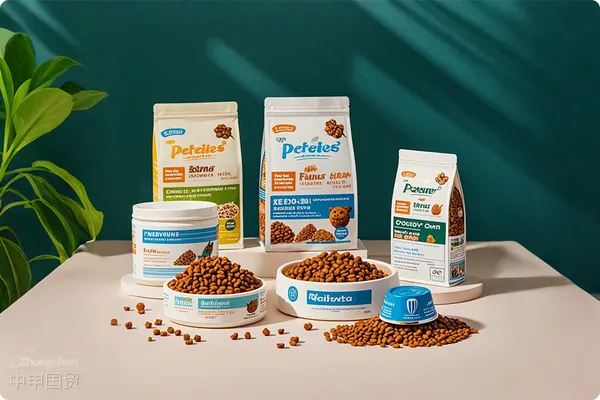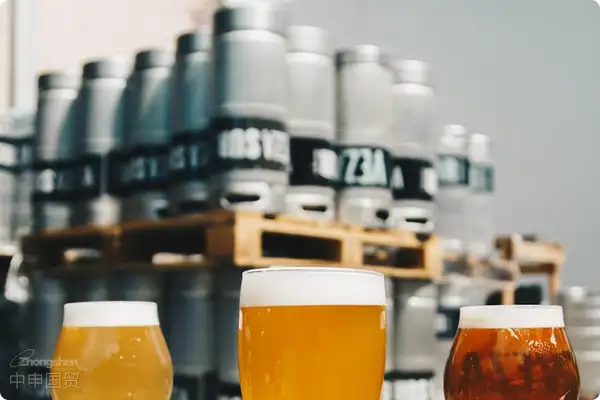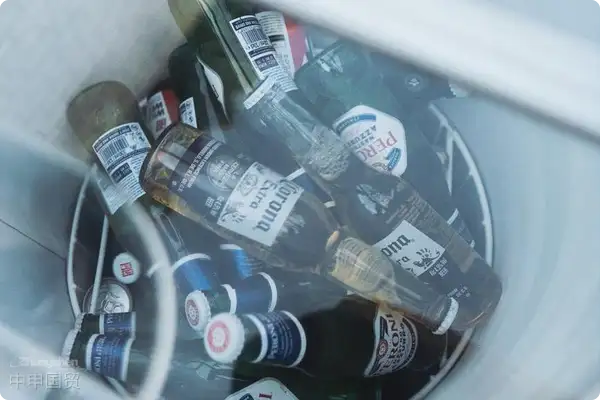- Shanghai Zhongshen International Trade Co., Ltd. - Two decades of trade agency expertise.
- Service Hotline: 139 1787 2118
Regulatory Authorities
Animal and Plant Health Inspection Service (APHIS)
(a) Under the U.S. Department of Agriculture (USDA), responsible for overseeing and addressing agricultural bioterrorism, invasive species, introduction of foreign animal and plant diseases, and monitoring wildlife and livestock diseases.
(b) Responsible for import quarantine approval and safety management of imported feed and pet food.
U.S. Food and Drug Administration (FDA)
? Under the U.S. Department of Health and Human Services (HHS), responsible for inspection, regulation, and registration of domestic and imported food (including animal food), excluding meat and eggs.
Association of American Feed Control Officials (AAFCO)
(a) Composed of state, federal, and international regulatory officials, responsible for coordinating feed industry regulations across states.
(b) Provides recommendations for feed laws and regulations, establishes uniform federal standards for feed ingredient naming and usage, and sets nutritional requirements, labeling principles, and other guidelines for animal feed/pet food.
Import Compliance Requirements
FDA registration
(a) All imported animal food manufacturers must register with the U.S. FDA and obtain a registration code.
(b) Registered companies must renew their registration every two years (between October 1 and December 31 of even-numbered years).
Obtaining an Import Permit
(a) Importers must apply for and obtain an import permit from the USDA APHIS for pet food containing animal-derived ingredients (excluding rawhide or antler chews or treats).
(b) The permit is valid for one year.
Prior Notice
(a) A Prior Notice must be submitted before each shipment of imported food arrives at a U.S. port of entry.
(b) The submission deadline varies by transportation method and must include details such as pet food, producer, exporting country, importer, U.S. consignee, planned import date, and port of entry.
Hazard Analysis and Critical Control Points (HACCP) Documentation
? Ensures that imported food production processes comply with HACCP standards.
Foreign Supplier Verification Program (FSVP)
(a) Importers must reside in the U.S. or have a U.S. business location and are responsible for verifying the safety of imported food and its suppliers.
(b) Importers must conduct hazard analyses and assessments to determine appropriate verification activities and frequencies based on the results.
Voluntary Qualified Importer Program (VQIP)
? A voluntary program where eligible importers can benefit from expedited clearance procedures.
III. Other Regulations
Product Labeling Requirements
(a) Labels must include brand name, product name, nutritional adequacy statement, guaranteed analysis, ingredient list, usage instructions, cautionary statements, manufacturer and distributor name and address, net quantity, and product function claims.
(b) The guaranteed analysis table must include minimum crude protein, minimum crude fat, maximum crude fiber, and maximum moisture content.
(c) Liquid pet food is measured by volume, while solid, semi-solid, viscous, or mixed solid-liquid products are measured by weight.
Ingredient Requirements
(a) Must consist of ingredients suitable for pet food, meeting safety and suitability standards.
(b) Must not contain harmful substances, with ingredient definitions widely accepted by the industry and used as benchmarks for the safety and suitability of pet food ingredients.
Facility Registration and Prior Notice
? According to the Public Health Security and Bioterrorism Preparedness and Response Act of 2002, importers must register their human/animal food production facilities and submit a Prior Notice to the FDA.
Import Permits and Inspection
? For pet food containing animal-derived materials, an import permit is required, and testing and inspection may be necessary to ensure compliance with safety and quality standards.
Costs and Duties
(a) Goods valued at $800 or more are subject to tariffs and duties, with rates determined by the products tariff classification, value, and country of origin.
(b) If the goods value exceeds $2,500 or is subject to other federal regulations, a customs bond is required.
Conclusion
The U.S. regulatory framework for imported pet food is rigorous and detailed. Businesses engaged in pet food imports must ensure compliance with relevant requirements. Staying updated on U.S. regulatory changes and maintaining communication with regulatory agencies or professional consultants is essential for compliance. Adherence to Chinas domestic regulations is also crucial, requiring importers to pay dual attention to both U.S. and Chinese regulatory requirements to facilitate smooth international trade.

Related Recommendations
? 2025. All Rights Reserved. Shanghai ICP No. 2023007705-2  PSB Record: Shanghai No.31011502009912
PSB Record: Shanghai No.31011502009912










